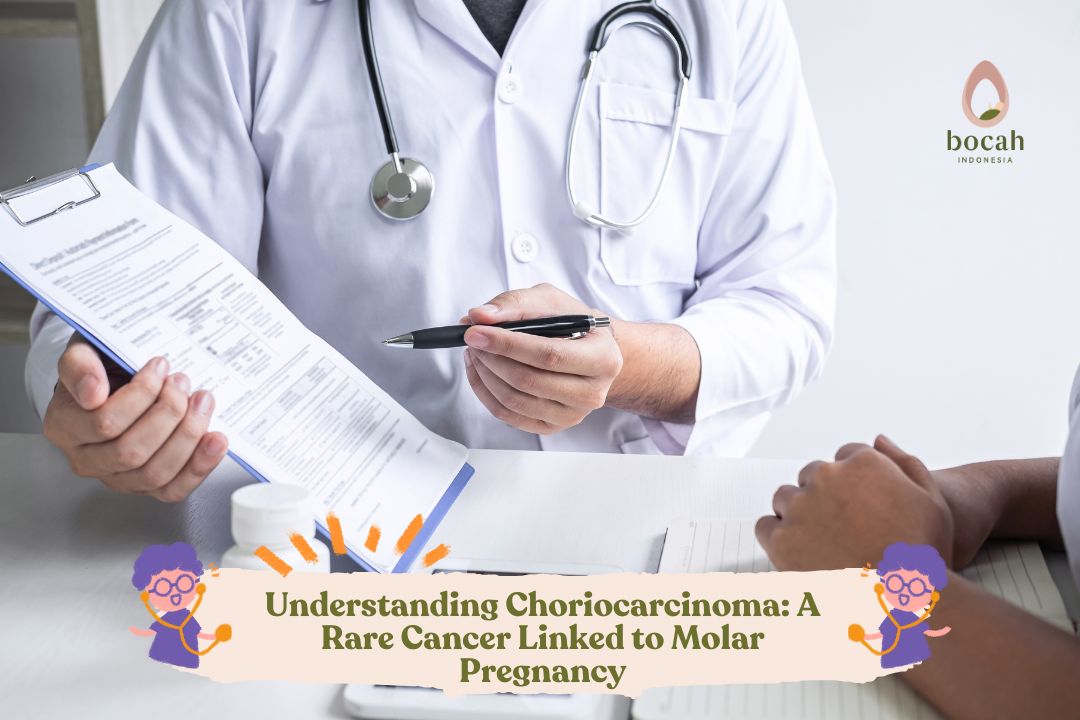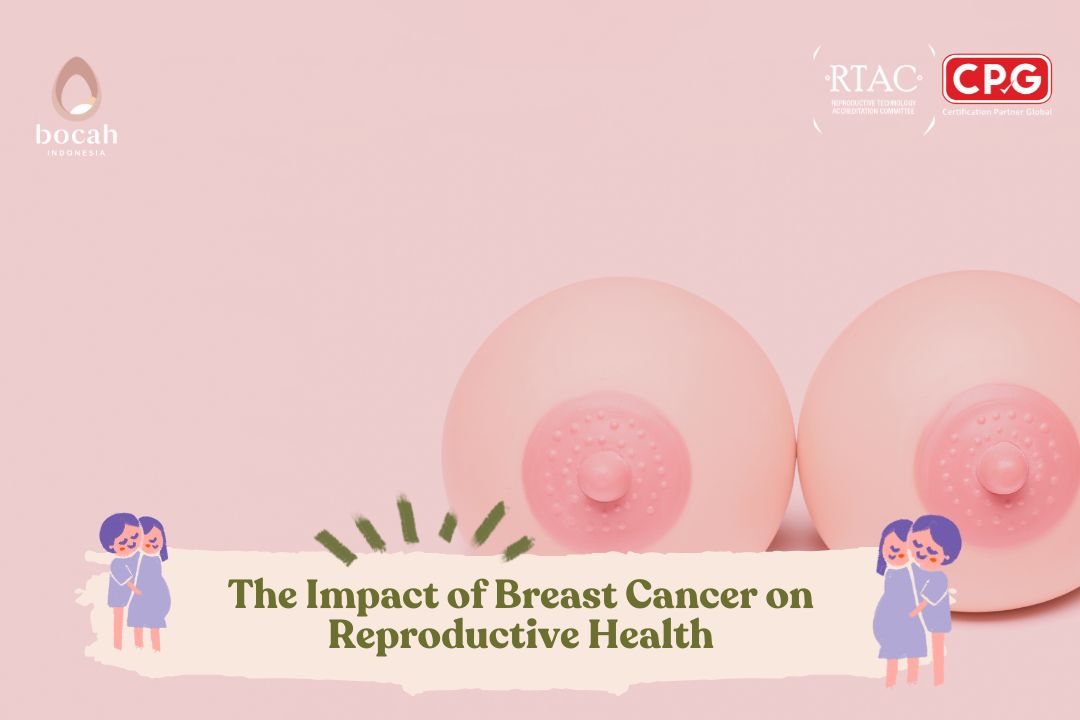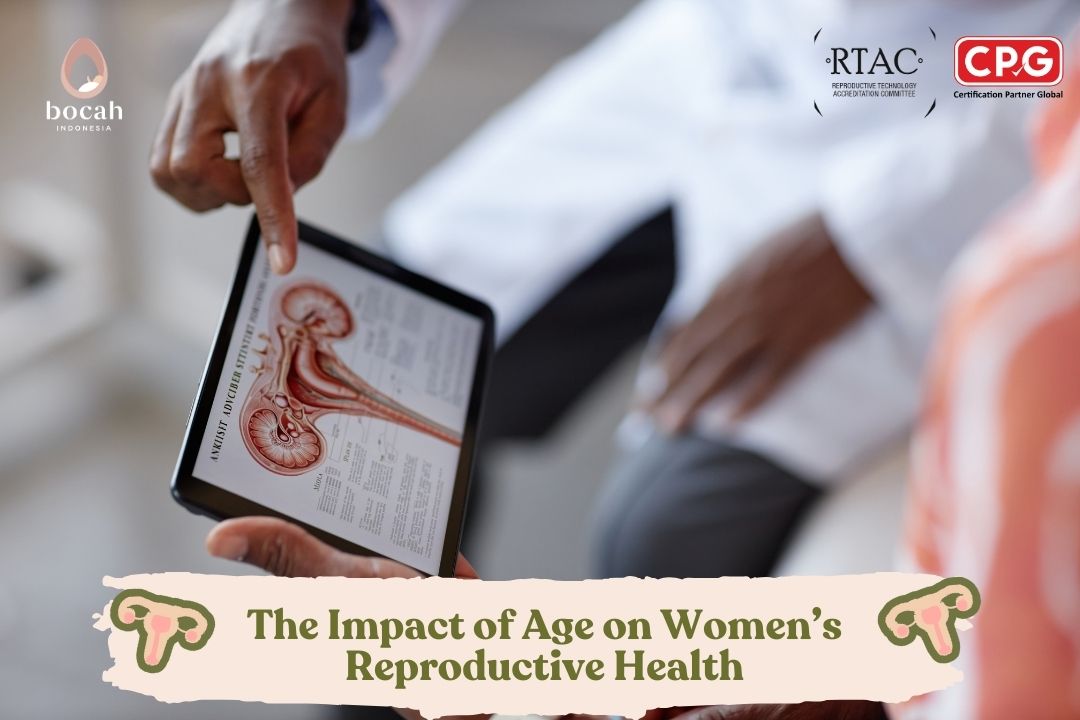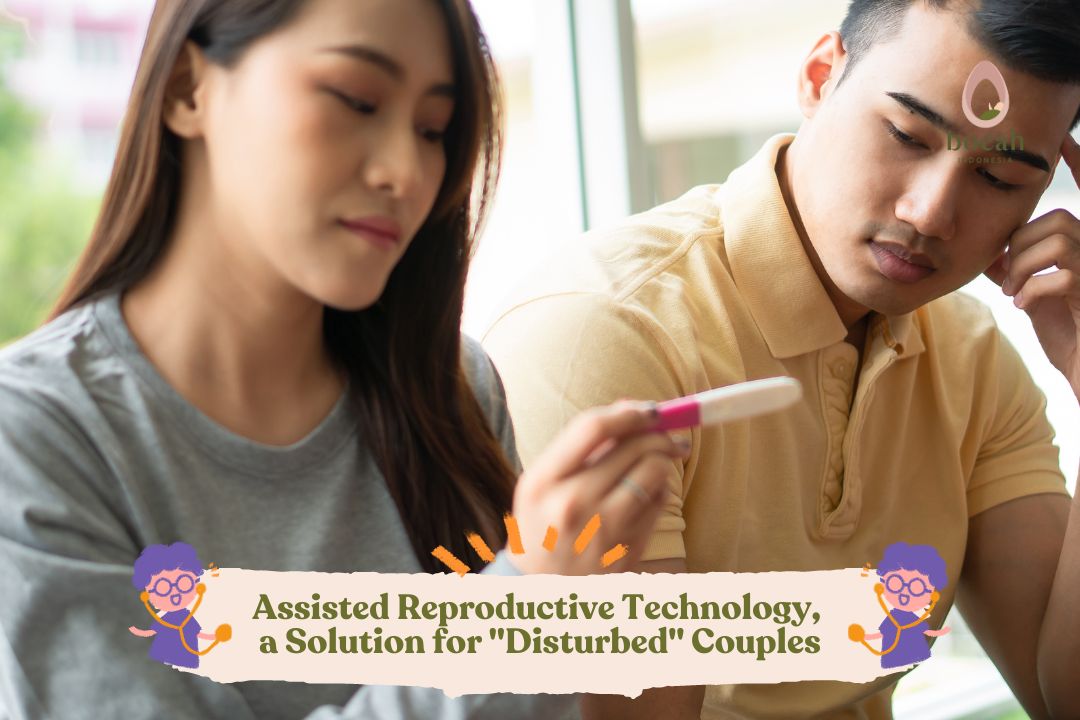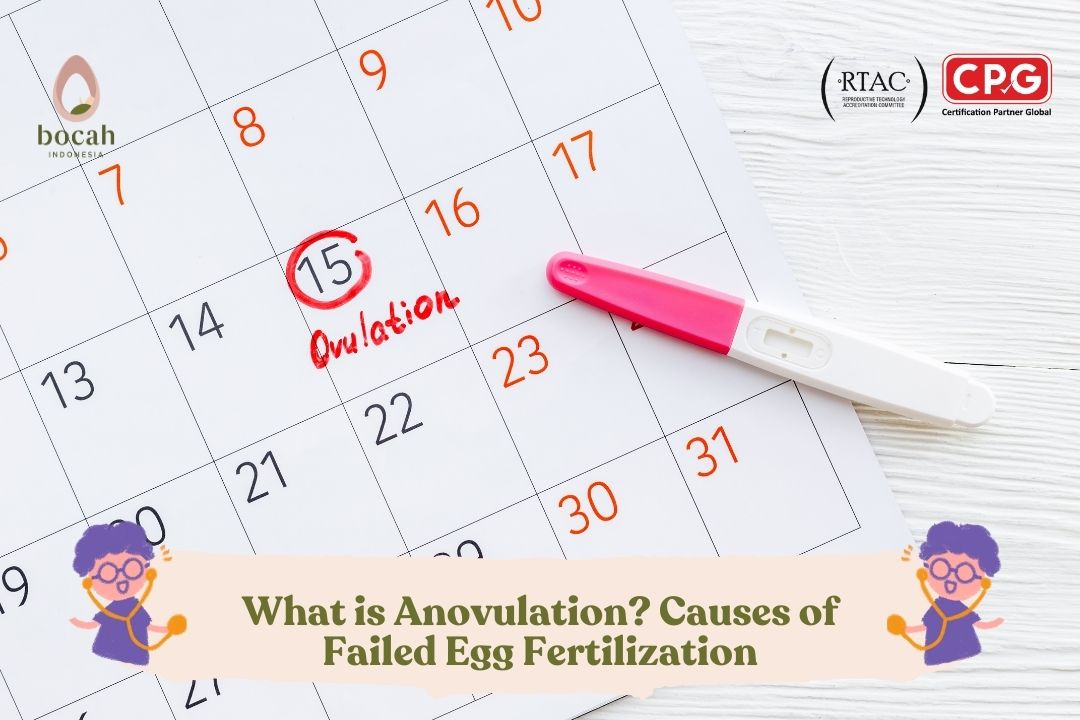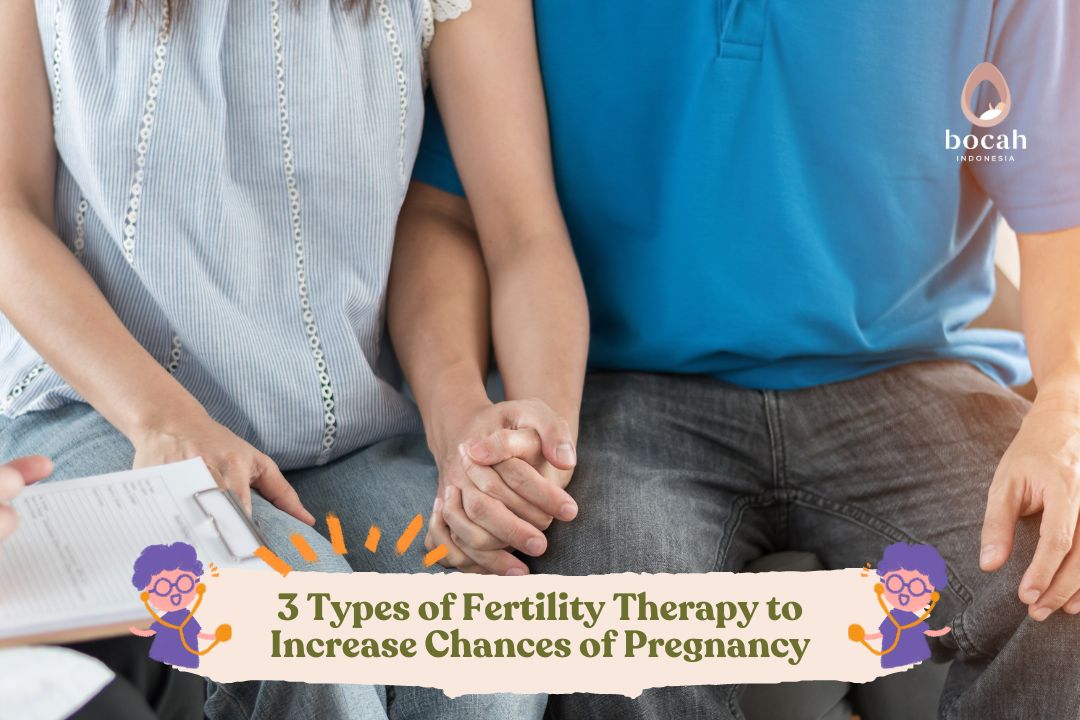The Impact of HIV on Fertility and Pregnancy: Important Insights for Couples
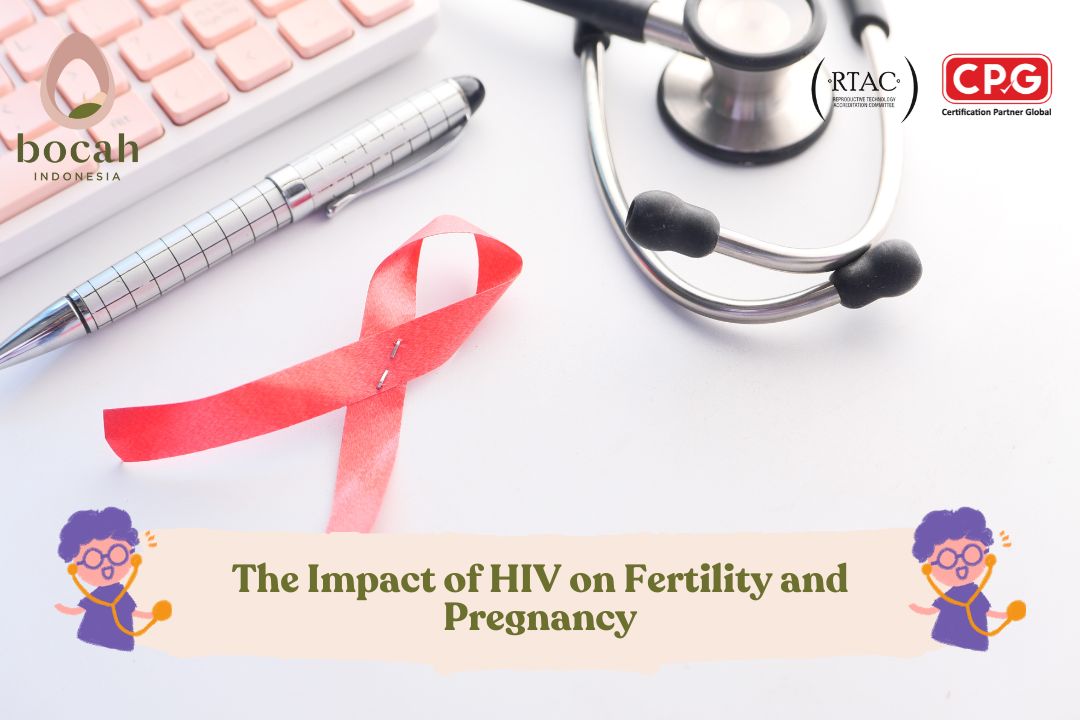
HIV is a sexually transmitted disease that anyone can experience. If not treated promptly, it can affect fertility conditions.
HIV is a condition that causes the immune system to weaken due to the Human Immunodeficiency Virus (HIV). The virus targets the immune system, making the body more vulnerable to infections and diseases. Therefore, people living with HIV are more susceptible to various illnesses.
HIV is classified as a sexually transmitted disease. This condition can be transmitted through blood and bodily fluids. In fact, pregnant women infected with HIV can pass the virus to their unborn child. If not treated appropriately, this condition can lead to serious complications.
Does HIV Affect Fertility?
In essence, pregnancy occurs when an egg is fertilized by sperm. After that, the fertilized egg becomes an embryo, which will later travel to the woman’s uterus to grow and develop into a fetus.
In reality, HIV does not directly affect fertility in either men or women. However, if you wish to conceive, medical treatment and close monitoring by a doctor are necessary. This applies during a pregnancy program and throughout the delivery process.
Mulai Journey of Hope
According to a study published in the journal PLoS ONE, it was found that women with HIV have lower fertility rates compared to women who do not have HIV. Additionally, a study published in the journal AIDS noted that the use of antiretroviral (ARV) drugs can have side effects, and they must be taken regularly for life.
Can People with HIV Get Pregnant?
If sexually transmitted infections are treated promptly, there is still a possibility of pregnancy. However, if an STI is not treated properly, it can affect reproductive organs and disrupt fertility.
What if an HIV Patient Wants to Try for Pregnancy?
Having children is, of course, a dream for many married couples. However, for someone with HIV, planning for a pregnancy requires extra considerations.
Don’t worry; if you and your partner are planning a pregnancy, it is important to consult a doctor for the right treatment. The entire process of care and treatment should be closely monitored by a doctor.
It’s crucial for HIV patients to inform their doctor about their desire to have a child because this condition can be passed from the mother to the fetus.
When planning a pregnancy, it’s advisable to consult with a doctor to determine the most suitable fertility program. If natural conception isn’t possible, assisted reproductive technologies may be necessary.
People with HIV are not individuals to be avoided, but they need support to maintain a positive outlook on life. Consult a doctor immediately if you experience HIV symptoms to get the proper care.
Source:
- Mkwashapi, D., et al. (2023). Fertility trends by HIV status in a health and demographic surveillance study in Magu District, Tanzania, 1994–2018. PLoS ONE 18(2): e0281914.
- Wassie, ST., et al. (2022). Fertility desire of HIV-positive men and women in public health hospitals. SAGE Open Medicine, Volume 10, 2022.
- Marston, M., et al. (2017). The effects of HIV on fertility by infection duration evidence from African population cohorts before antiretroviral treatment availability. AIDS 31():p S69-S76, April 2017.
- Maston, M., et al. (2017). The relationship between HIV and fertility in the era of antiretroviral therapy in sub‐Saharan Africa: evidence from 49 Demographic and Health Surveys. Trop Med Int Health. 2017 Dec; 22(12): 1542–1550.
- Kushnir, VA., Lewis, W. (2012). HIV/AIDS and Infertility: Emerging Problems in the Era of Highly Active Antiretrovirals. Fertil Steril. 2011 Sep; 96(3): 546–553.
- Fasting While Trying to Conceive? Healthy Meal Ideas for the Entire Month - 04/03/2026
- 12 Foods to Help You Get Pregnant Faster - 03/03/2026
- 3 Juice Recipes for a Pregnancy Program - 26/02/2026


